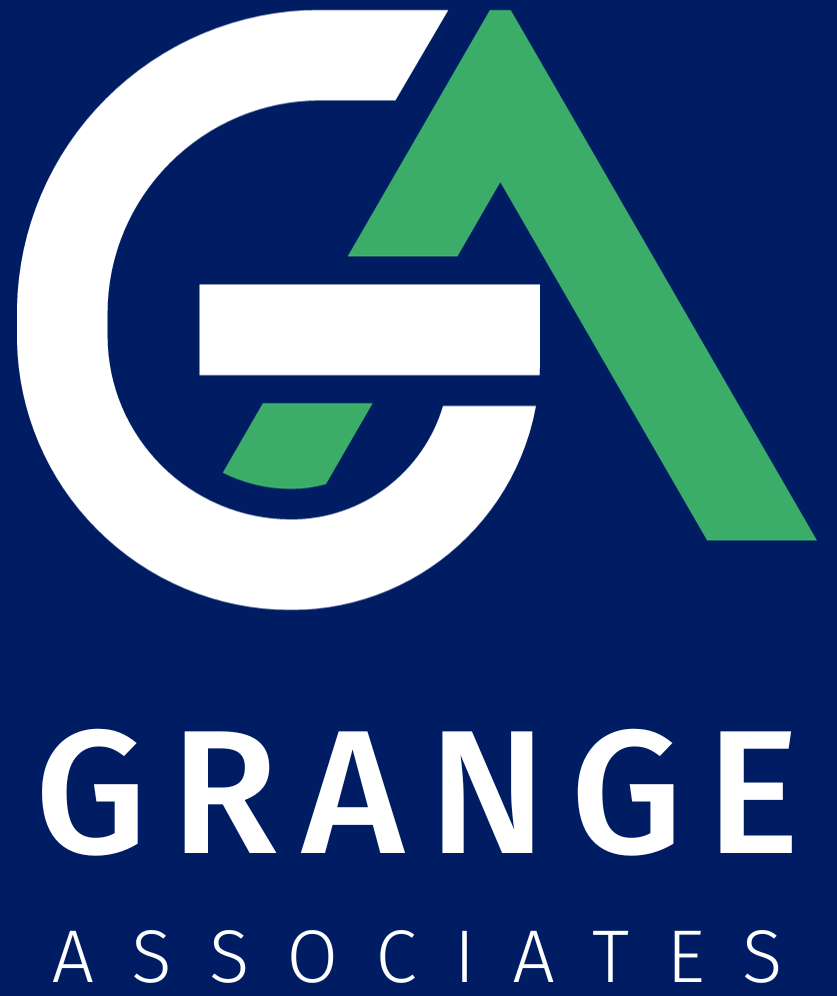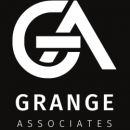Many people fall foul of the High Income Child Benefit Charge each year – HMRC carry out compliance checks on those who either did not register for Self Assessment to pay the charge or paid the incorrect amount on their Self Assessment tax return.
If a person fails to notify their liability to the High Income Child Benefit Charge, they can potentially be charged a penalty of up to 100% of the lost revenue.
This article will provide an overview of the High Income Child Benefit Charge, including who it affects, how it is calculated, and the options available to those impacted.
Understanding the High Income Child Benefit Charge (HICBC)
The High Income Child Benefit Charge (HICBC) is a tax charge introduced by the UK government in January 2013 to reclaim Child Benefit. It applies to individuals or their partners who receive Child Benefit and have an adjusted net income exceeding a certain threshold (£60,000 for 2024/25 tax year).
Taxpayers who must declare the HICBC are required to register for self-assessment, and then pay their HICBC by 31 January following the end of the relevant tax year.
Who is Affected?
The HICBC affects individuals whose adjusted net income exceeds £60,000 in a tax year (increased from £50,000 in the 2023/24 tax year). If either you or your partner receives Child Benefit and your income is above this threshold, you may be liable to pay the charge.
The term “partner” includes someone you’re not permanently separated from who you’re married to, in a civil partnership with or living with as if you were.
If your adjusted net income is over the threshold and so is your partner’s, then whoever has the higher income is responsible for paying the tax charge.
The fairness of the HICBC has often been questioned, as a couple earning £60k a year each will not have to pay the charge, but if one person earns £80k a year and their partner earns £40k, will have all their child benefit clawed back.
Calculating Adjusted Net Income
To determine if you are liable for the HICBC, you need to calculate your adjusted net income.
This is your total taxable income before deducting allowances (for example the personal allowance) less certain tax reliefs (such as trade/property loss reliefs, interest reliefs, certain capital allowances) as well as gross pension contributions that have had relief at source and grossed-up Gift Aid donations.
Your total taxable income includes earnings from employment, self-employment, savings interest, and dividends
How the Charge is Applied
The HICBC effectively claws back child benefit at a rate of 2% for each £200 of income above £60k.
Therefore, for a person with an adjusted net income of £80k (£60k before 6 April 2024) or more in a year, the HICBC is 100% of the child benefit received.
The amount of the HICBC is calculated by applying the ‘appropriate percentage’ to the amounts of child benefit subject to the charge.
The ‘appropriate percentage’ is:
- 100%; or
- if less, the percentage determined by the fraction (ANI – 60,000) / 200 (expressed as a percentage).
The total amounts of child benefit subject to the charge, the appropriate percentage, and the charge itself are rounded down to the nearest whole number.
Options for Affected Families
Families affected by the HICBC have two main options:
- Continue Receiving Child Benefit and Pay the Charge: You can choose to continue receiving Child Benefit payments and pay the HICBC at the end of each tax year through Self Assessment
- Opt Out of Child Benefit Payments: Alternatively, you can opt out of receiving Child Benefit payments to avoid paying the charge.
If choosing to opt out of getting Child Benefit payments, it is still beneficial to fill out the Child Benefit claim form to ensure you receive National Insurance credits (which count towards your State Pension) and get your child a National Insurance number without them having to apply for one.
Conclusion
The High Income Child Benefit Charge is an important consideration for families with higher incomes.
By understanding how it works and the options available, you can make informed decisions about your Child Benefit payments and tax obligations. I
And if you’d like to know how we can help you with all of this, or with anything else, feel free to give us a call on 0203 737 4931 or email us at enquiries@grangeassociates.co.uk.
The information in this article only serves as a guide and no responsibility for loss occasioned by any person acting or refraining from action as a result of this material can be accepted by the authors or the firm.

